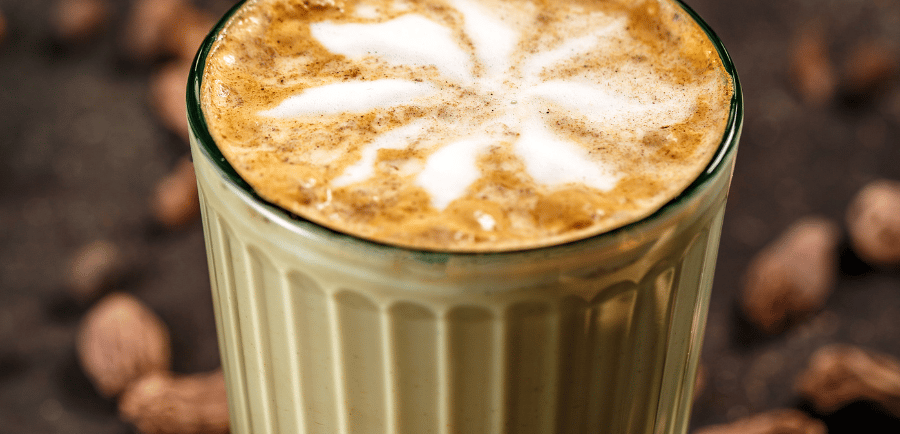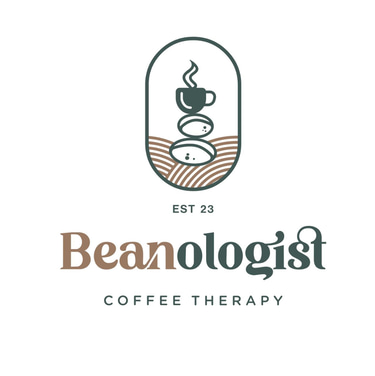Flavored Coffee: Natural Infusions vs. Artificial Additions
The world of flavored coffee opens up a realm of possibilities, from a hint of vanilla to a decadent caramel macchiato.
8/31/20253 min read


For many of us, the morning ritual isn't complete without that perfect cup of coffee. But what happens when you crave something more than just a regular brew? The world of flavored coffee opens up a realm of possibilities, from a hint of vanilla to a decadent caramel macchiato. But not all flavors are created equal. Let's explore the key differences between coffee flavored with natural infusions and those enhanced by artificial additions.
The Rise of Flavored Coffee
The journey of coffee from a simple beverage to a canvas for flavors began with the desire for variety. Early flavorings were often spices like cinnamon or nutmeg, added directly to the grounds. Today, the industry offers a dizzying array of choices, from pumpkin spice lattes in the fall to refreshing iced coffees with a splash of hazelnut in the summer.
The Natural Approach: Infusions and Ingredients
Natural coffee flavoring is all about using real, recognizable ingredients to enhance the bean's inherent taste. Think of it as a culinary approach to coffee making.
Infusing the Beans: One popular method involves infusing green (unroasted) coffee beans with natural extracts or oils. A good example is a high-quality vanilla-flavored coffee, where the beans are tumbled with pure vanilla bean extract. This allows the flavor to permeate the bean itself before roasting, creating a subtle, complex profile that's not overwhelming.
Adding Post-Brew: Another method is to add natural ingredients directly to your brewed coffee. This is where you can get creative. A stick of cinnamon in your carafe, a few drops of pure maple syrup, or a splash of almond milk are all simple ways to add a natural twist. The beauty of this approach is the control it gives you over the intensity of the flavor.
Pros of Natural Flavoring:
Subtle and Complex: Natural flavors tend to be more nuanced and less overpowering, allowing the true taste of the coffee to shine through.
Ingredient Transparency: You know exactly what you're putting into your cup.
Healthier Choice: Generally free of synthetic chemicals and artificial sweeteners.
Cons of Natural Flavoring:
Can be Pricier: High-quality natural extracts and ingredients often come at a premium.
Less Intense Flavor: If you're looking for a bold, in-your-face flavor, natural infusions might feel too subtle.
The Artificial Approach: Syrups and Chemical Additions
The world of artificial flavorings is a different beast entirely. It's built on a foundation of chemistry, using synthesized compounds to mimic flavors found in nature.
Syrups and Flavor Concentrates: The most common form of artificial coffee flavoring is the flavored syrup. These are often made from high-fructose corn syrup, artificial flavorings, and colorings. They are designed to deliver a consistent, powerful burst of flavor every time.
Spraying the Beans: Another method is to spray roasted coffee beans with a liquid containing artificial flavor compounds. This is a quick and inexpensive way to produce a wide range of flavors, from buttery caramel to festive gingerbread.
Pros of Artificial Flavoring:
Wide Variety: The possibilities are virtually endless. If you can dream of a flavor, there's likely an artificial syrup for it.
Cost-Effective: Artificial flavorings are much cheaper to produce, which is reflected in the price of the final product.
Intense Flavor: These flavors are often very strong and consistent, which can be a plus for those who prefer a bold taste.
Cons of Artificial Flavoring:
Chemical Aftertaste: Many people report a slightly chemical or "fake" aftertaste with artificially flavored coffees.
Lack of Nuance: The flavors can be one-dimensional, masking the subtle notes of the coffee itself.
Unhealthy Additives: Artificial sweeteners, colors, and preservatives are common in these products.
Finding Your Perfect Cup
So, which is better? There's no single right answer. It all comes down to personal preference.
If you're a purist who wants to taste the coffee first and foremost, with just a hint of something extra, then natural infusions are probably your best bet. Look for brands that specify "naturally flavored" or list ingredients like "vanilla bean extract" or "cinnamon oil."
If you're an adventurer who loves a wide range of bold, fun flavors and prioritizes convenience and cost, then artificial additions might be more up your alley.
The next time you're standing in the coffee aisle or ordering your favorite drink, take a moment to consider what's really in your cup. Understanding the difference between natural infusions and artificial additions can help you make a more informed choice and truly savor every sip of your coffee.

